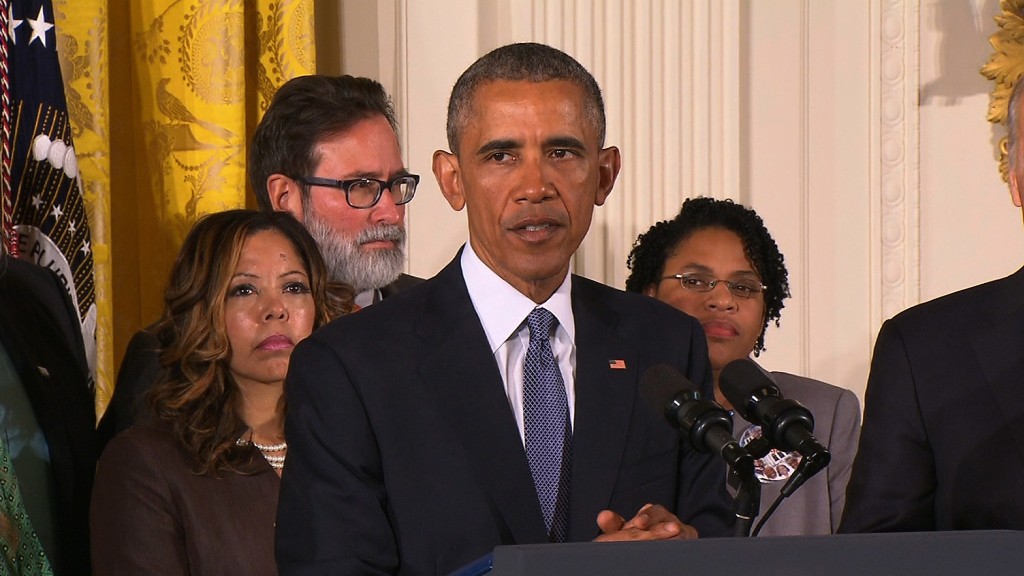
Europe has some of the toughest gun control laws in the world and they're about to get even tighter.
As President Obama bypasses Congress to expand mandatory background checks for some private gun sales, European leaders are reviewing new restrictions on firearms, and should give their approval next month. If that happens, the changes would come into effect in July.
The European Union has been debating tougher laws for years with little progress. But the terror attacks in Paris in January and November 2015 gave new urgency to the discussion. EU leaders said in December they would "rapidly examine" the proposals, with the aim of approving them at a summit in February.
Europe already bans all automatic weapons, plus some semi-automatic guns widely available in the United States. But European officials say gun laws passed in 2008 are inadequate, and leave Europe "vulnerable to criminal activity" and terrorist attacks.
Here's what will change if the new law is adopted:
1. More categories of semi-automatic weapons will be subject to an outright ban. The new ban will apply to "B7" weapons, or "semi-automatic firearms for civilian use which resemble weapons with automatic mechanisms." EU countries will still be able to issue licenses for some semi-automatic rifles for hunting, collecting and museums.
2. Deactivated weapons are currently treated as pieces of metal that can be traded freely across European borders. That will no longer be possible. "Under no circumstances will civilians be authorized to own any of the most dangerous firearms (e.g. a Kalashnikov), which is currently possible if they have been deactivated," the proposal states.
3. Gun brokers and dealers will have to be licensed to deal in weapons. Collectors will have to get a license and face background checks even if they only own deactivated weapons. There will also be new limits on the ability to buy gun parts and ammunition online.
4. Tracing guns should become easier thanks to enhanced rules on how guns must be marked and registered. And blank firing weapons will be regulated for the first time because they can be converted to fire live ammunition.
EU law sets minimum standards for all member states, but some have gone much further. As have some countries outside Europe.
Britain and Australia adopted some of the strictest gun laws following a series of massacres in the 1980s and 1990s.
Canada has a ban on assault rifles and "military" style firearms like the AK 47. A firearm license is required for other guns. A safety test must be taken, and a third person character reference must be obtained.
Switzerland, on the other hand, maintains a traditional right to bear arms and reservists are encouraged to keep rifles at home. A referendum to enact stricter gun laws was voted down in 2011.
